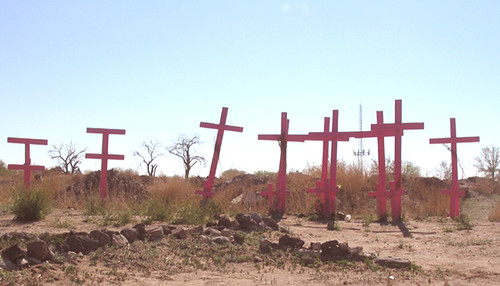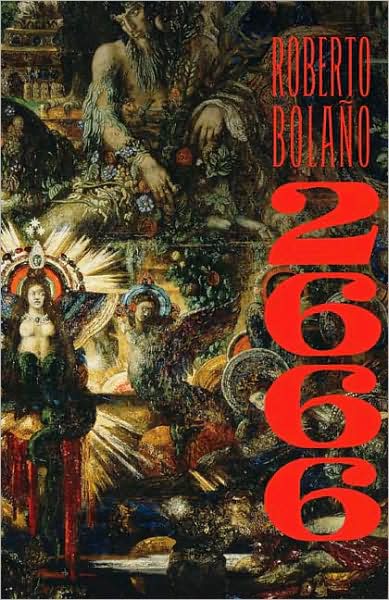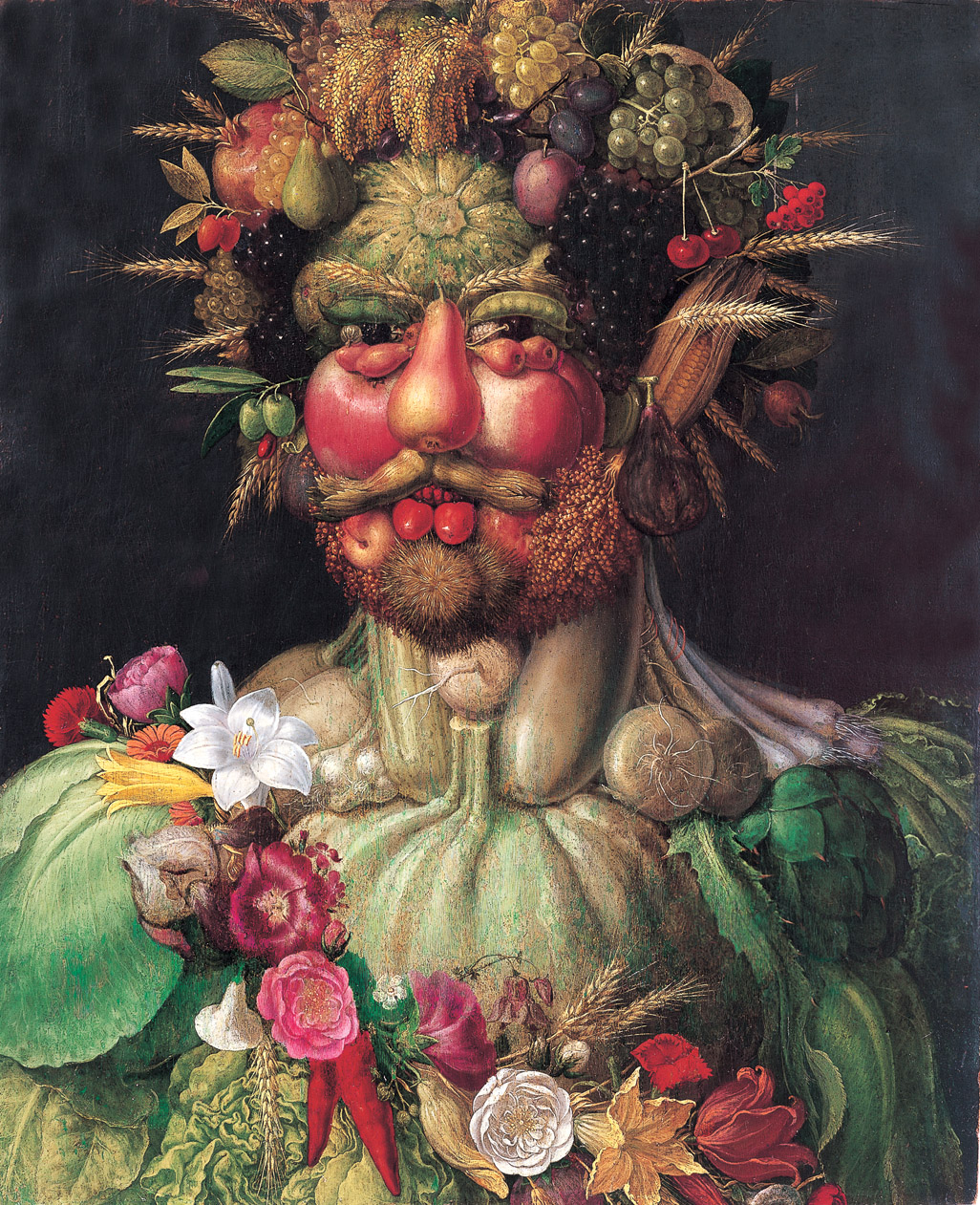
Revolutionary Road by Richard Yates
This book punched me in the gut and wouldn't stop. Those who say this is just another Updike/Cheever-esque angst-ridden rant about life in the suburbs is so, so wrong. It's not angst that Revolutionary Road is channeling. It's rage. Yates is one pissed-off MF. And it's not suburbia life that Yates is angry about (that would be far too simplisitic), it goes much deeper than that.
I read the majority of this book while The Real Housewives of Orange County played on my friend's TV set. "Close the book, you're being rude!" one of my friends told me. Maybe I was, but I couldn't help it--I couldn't put it down. I honestly can't think of a more appropriate context in which to have read it, either: women getting their Botox shots, taking their pilates class, buying their teenage daughters cars, while Yates writes (of the audience leaving a play in the opening chapter):
"There was nothing to watch now but the massed faces of the audience as they pressed up the asiles and out of the main doors. Anxious, round-eyed, two by two, they looked and moved as if a calm and orderly escape from this place had become the one great necessity of their lives; as if, in fact, they wouldn't be able to begin to live at all until they were out beyond the rumbling pink billows of exhaust and the crunching gravel of this parking lot, out where the black sky went up and up forever, and there were hundreds of thousands of stars."
This image of the infinite universe stretching out expansively overhead with "hundreds of thousands of stars" is contrasted with the petty, poisonous squabbles going on below. How sad that none of these people ever thought to take a pause, take a breath and crane their necks upwards. I just love these end-of-chapter gems that Yates sprinkles throughout the book.
I've wanted to read this book since I saw the film back in April, on Corey's laptop on the flight back from New Orleans. Along with Faulkner's The Wild Palms, it made me really, really grateful for the freedom I have over my body. It's really true: if you can't decide what you want to do with your won body--who to give it to, what to give from it--then shit, girl, you are really not free at all.
Most of RR is narrated from the point of view of the husband, Frank Wheeler, who comes off as pitiful and pathetic, rather than hateful. April Wheeler may be selfish and self-absorbed, but at least she's trying to figure out who she is and want she wants, you know? I can't believe that someone out there had the balls to think that this would make a good film: "Woooo, a movie about a couple who were once in love but now can't seem to stop fighting because they don't know who they are or what their desires are anymore!! WEEEE!" No wonder so many people I know didn't like it--it certainly hits close to home, and this fear of connecting to the book or film can definitely be related to the fear that it will somehow relate to your life.
I think the universal theme of Yates' book can be summed up in the words of John Givings, the madman character, who waltzes in at two critical points to turn the Wheeler's lives upside down. In response to Frank's sardonic comment about "the hopeless emptiness of everything in this country," John responds, "Hell, plenty of people are on to the emptiness part... but it takes a whole hell of a lot more guts to see the hopelessness." (164) Yates has got the guts. He taps into the feeling of "this is wrong, this is not working for us, this is not the way things should be, this is not the way we should be going" that I think really sums up the past 8 years of the Bush administration. Frank and April's attempt to escape to Paris can be analogous to people getting out there and voting for Barack Obama: the feeling that they've had enough of this trap, that there had to be a different way of life out there.
In the end, I think Yates has two main messages in his work: 1) people are very lonely, and death is the loneliest experience of them all, and 2) counterculture rocks in a life-saving way. After reading and watching RR, I am now more than ever extremely grateful for the counterculture movement that arose in the 60's as a reaction to the McCarthy conformity of the 50's, which in turn was a reaction to the infiltration of the military mindset into everday life of the 40's. Here's to the sketchy figures like Arnold Friend in Joyce Carol Oates' "Where are you going, Where have you been." Yay for my friends like B. with their shaved heads, mascara and huge piercings. Yay for tattoos and piercings, for non-goal and professional advancement oriented careers, for environmentalism, for psychedelic culture, for Look at This Fucking Hipster, for Vice Magazine, for the Oregon Country Fair, Renn Fayre and Burning Man, for progressive leftist anarchist feminist hippies, for Naomi Klein and George Orwell, and for all the good bike-riding yoga-goers of Portland, Or.
Take this one for a knock-out punch:

"But the worst part--the worst part of the whole weekend, if not of his life to date--was the way April was looking at him. He had never seen such a stare of pitying boredom in her eyes. It haunted him all night, while he slept alone; it was still there in the morning, when he swallowed his coffee and backed down the driveway in the crumpled old Ford he used for a station car. And riding to work, one of the youngest and healthiest passengers on the train, he sat with the look of a man condemned to a very slow, painless death. He felt middle-aged." (61)

The Meaning of Life by Terry Eagleton
A good, fast read. I liked the idea of dissecting the question "what is the meaning of life" in less than 90 pages. I liked Eagleton's approach to the task, by discussing the phrase word by word (what do you mean by "meanng"? what do you mean by "life"?). He points out, very astutely, that the question itself of "what is the meaning of life?" is not a very good one, as it presumes/anticipates that the answer to that question needs to be very compact, like "42." How can you get a good answer if you don't have a good question? A very good point.
I also liked his discussion of how just there are good and bad questions, there are also good and bad answers. For example, "asphyxiating dormice" is not a very good answer to the question WISTMOL (my abbreviation). Literature nerd that I am, I enjoyed how he used examples from literature (like Beckett and Macbeth) in order to back up his arguments. In the end, Eagleton seems to say that people have come up with several answers as to what constitutes a meaningful life: love, happiness, altruism, nature, family, friends, art, etc. He uses the memorable example of a jazz band in order to describe how important it is to have a balance of all these different things, how you can sort of pick and choose between them, but you don't necessarily need to have one thing take center stage all the time. Our lives are never straightforward narratives, he argues, and few and far in between are the people whose lives have neatly wrapped-up introductions, climaxes and epilogues.
I also liked his discussion of Aristotle's definition of happiness (man, if I were to take HUM 110 again, I would so rock that class--that whole experience = wisdom thing, I guess), of how happiness is not a state of mind, but rather is connected to actions. Yeah, this is a good read, very thoughtful and involving, the kind of book where you could underline passages on every single page.
To this date, in June I've also read:
--The Easter Parade by Richard Yates (a fast, pleasant read, if not particularly challenging or moving)
--Eleven Kinds of Loneliness by Richard Yates (good Carver-esque short stories, none really earth-shattering)
--Dry by Augusten Burroughs (Boring. The only interesting part is his description of smoking crack.)
--The Absolutely True Diary of a Part-Time Indian by Sherman Alexie (Cute for teens. Cartoony. A lot of unrealistic parts. Did he *really* have to suddenly transform into this amazingly successful basketball player? Even if I were 15, I'm pretty sure I would still only find this merely mediocre.)
--An Episode in the Life of a Landscape Painter by Cesar Aira (another WTF?! mindbender from Aira. Aira is gonna have to get an entire post to himself here pretty soon. This is yet another book that easily captures the title of one of the weirdest I've ever read. Whatever Aira is smoking, I want some of it. There's a lot to unpack in here: a 19th-century landscape painter travels to Argentina, gets hit by lightning, and continues wandering the country with his horrendously scarred face covered by a woman's funeral shroud. Is this a manifesto about art? A reflection on foreign influences in Argentina? The question of civilization vs. barbarity written as fiction? All this and more, in less than 90 pages. It's really quite impressive. I think if I reread it (and in one slow, drawn-out sitting, as opposed to broken up fragments from me getting on and off the bus and other constant interruptions) I would get a lot more out of it.)
Right now I'm currently reading Aira's Ghosts and Arlt's The Seven Madmen, still feelin' the Rio Plata love. What next? Cortazar's Rayuela? Moby Dick? Should I try to finish Ulysses, once and for all this time? (eeeeh...) It's gonna be a long summer on the Max...



